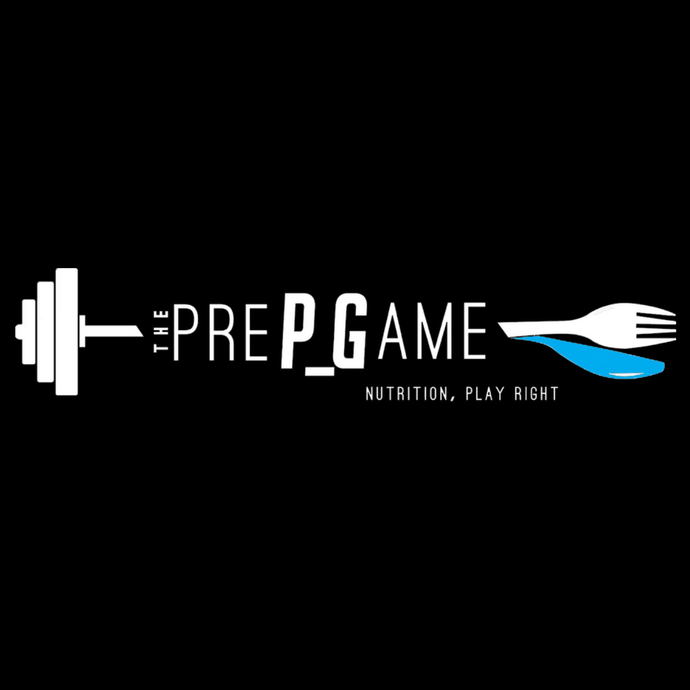It is quite likely that you may have low Vitamin D levels. Recent estimates indicate that over 75% of the general population may be Vitamin D deficient. If you are an athlete, you may be at even higher risk of having low levels, and this is a problem because Vitamin D is important for health and potentially performance. In recent weeks I have found myself talking to many athletes about Vitamin D. The end of winter is approaching in Australia, a time of year where Vitamin D levels can be on the downward slide. I have also read a number of journal articles of late that highlight the important role of Vitamin D for athletes.
I am prone to low Vitamin D levels. I am not a great one for regularity in taking supplements, so I am probably Vitamin D deficient right now if I am honest. Particularly as we are continuing to endure a pretty cold winter here in Melbourne, and most of us in the southern states will find that our Vitamin D levels decline by the end of winter when we haven’t seen much sun for a while. So what is all the carry-on about Vitamin D? Why do we need it, who is at risk of deficiency and how can you improve your Vitamin D levels?
Why are so many people Vitamin D deficient?
Vitamin D is a pretty clever little vitamin and plays an important role in many of our body systems. The big problem with Vitamin D is that we generally don’t know that our levels are low until something major happens eg. bone issues. Unlike iron, where our body will often let us know via various symptoms that our levels are on the decline, Vitamin D isn’t quite as helpful and we can go for a pretty long time without being alerted to low levels. The only reason I found out that my levels needed a boost was through a routine blood test when I was pregnant, so goodness knows how long my levels had been low for.
Unfortunately sometimes when you address one issue it can create another. Sunscreen is essential for protecting our skin from the sun’s rays. If you block the sun, you help to reduce the risk of skin cancer. But you also block the sun’s amazing ultraviolet (UV) radiation which is required for the production of Vitamin D in the skin. So all of our slip, slop, slapping, which is absolutely important to avoid burning our skin, doesn’t do much for our Vitamin D.
Who is at risk?
Lack of sunlight is the number one risk factor for low Vitamin D. So if you spend a lot of your daylight hours inside, like a number of athletes I work with who train predominantly indoors, your levels may be low. Athletes may also have increased physiological demands for Vitamin D, compared to the general population.
Other individuals at higher risk include:
indoor lifestyle eg. work, study.
if you cover your skin for religious reasons.
if you have naturally very dark skin.
if you avoid the sun for cosmetic reasons or skin protection.
specific medical conditions.
There is some debate over the cut-off values for Vitamin D levels in the blood, and whether the set levels are in fact too high, meaning that more people are being diagnosed as being low in Vitamin D. It is important to speak with your GP or medical professional to determine the best way to address your Vitamin D status and needs.
Why is Vitamin D important?
Bones - Vitamin D controls calcium levels in the blood and is required for the absorption of calcium from the gut, which in turn is important for bones. Low Vitamin D can increase the risk of musculoskeletal problems, including bone conditions such as osteopenia and osteoporosis. For athletes, an increase in bone turnover with low Vitamin D can increase the risk of bone injuries such as stress fractures. Sufficient Vitamin D may help to prevent this.
Immune System - Vitamin D is thought to have a role in maintaining a healthy immune system, and some studies suggest that Vitamin D deficiency may increase the risk of viral respiratory tract infections. Winter is often when Vitamin D levels decrease, so if you are prone to getting sick in the cooler months make sure your Vitamin D levels are kept up throughout.
Mental health – There seems to be a link between Vitamin D and mental health, including moods and even depression.
Muscle strength – Vitamin D may have a particularly important role for improving muscle strength in athletes. There is a potential for increased size and number of type II fast twitch muscle fibres and a study in athletes showed a positive impact on muscle function with Vitamin D supplementation if levels are low.
Injury prevention - Low Vitamin D may increase the risk for inflammatory-related injuries.
Performance - Few studies have looked at Vitamin D and its direct effect on performance in young adults, however multiple performance studies in older adults have related low vitamin D levels to decreased reaction time and poor balance. There may also be a potential impact on VO2 max.
Strategies to increase Vitamin D levels
Spend some time out in the sun without sunscreen on
Find a balance between sun exposure for Vitamin D and protecting your skin against skin cancer. The amount of time required for exposure will vary depending on where you live. Check the SunSmart website for more details on exposure times in Australia.
It's difficult to obtain enough Vitamin D just from foods. Only 5-10% of our Vitamin D may come from food. Foods that are rich in Vitamin D include– salmon, dark-flesh fish, egg yolks, fortified foods (like milk), UV mushrooms.
Vitamin D supplementation may be required for certain individuals. Speak with your health professional about appropriate dosages if you have been found to have low Vitamin D levels
Summary: For athletes, there is limited evidence to support vitamin D as a direct performance enhancer, however optimal Vitamin D is important for health, immune function and reduced risk of bone injuries such as stress fractures, and muscle injury. Although Vitamin D is not shown to have a direct performance effect, the indirect impact could make a significant difference to performance and health/injury outcomes. Further research is required to determine the magnitude of effect of vitamin D on performance, in particular the areas of strength, power, reaction time and balance.
This post presents information of a general nature only. For individual advice about nutrition and supplementation you should consult with an Accredited Practicing Dietitian or appropriate health professional.
References:
Ogan,D. & Pritchett, K. Vitamin D and the Athlete: Risks, Recommendations, and Benefits. Nutrients 2013, 5:1856-1868
Von Hurst, P.R. & Beck, K.L. Vitamin D and skeletal muscle function in athletes. Curr Opin Clin Nutr Metab Care 2014, Nov;17(6):539-45




























